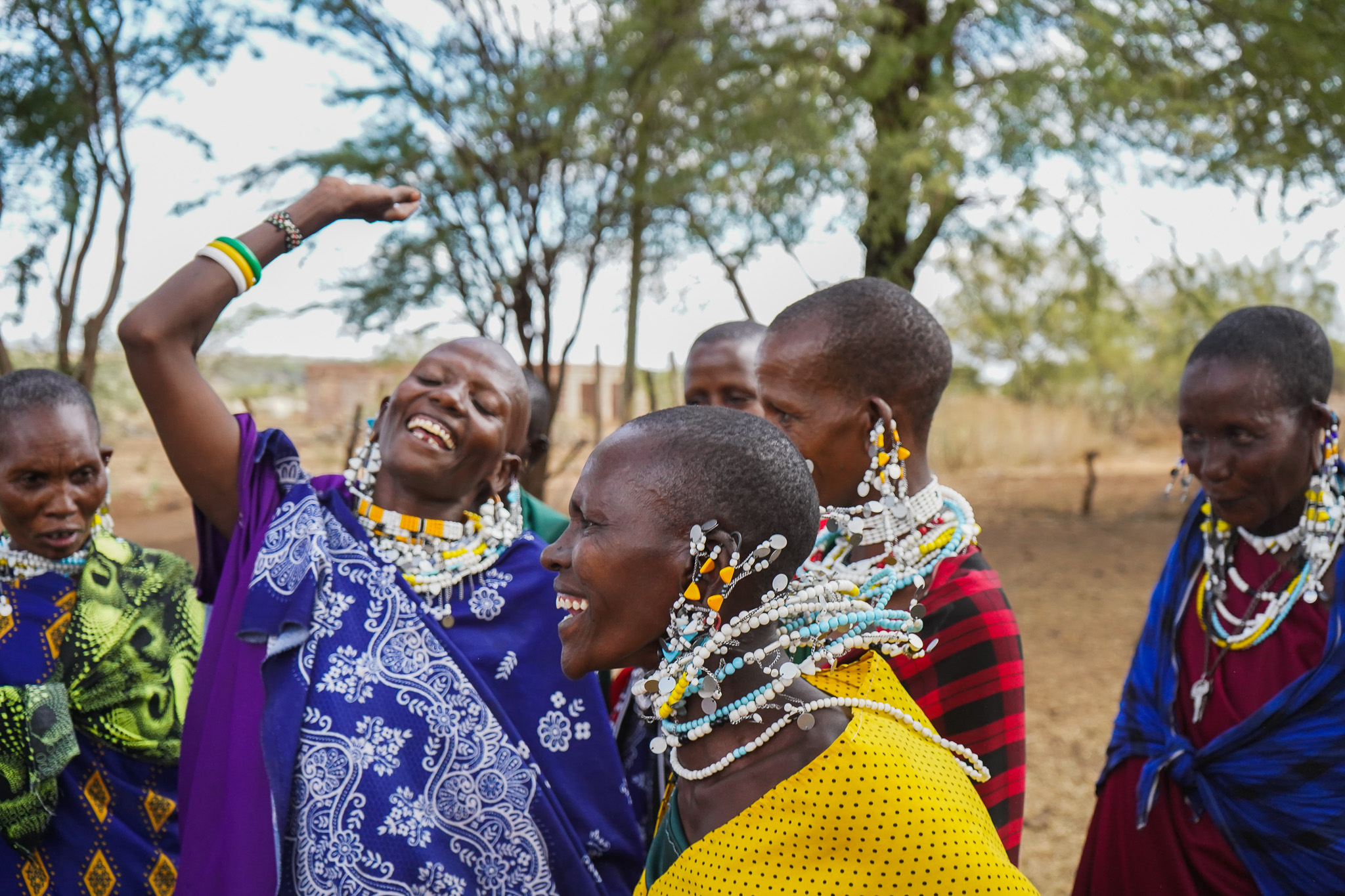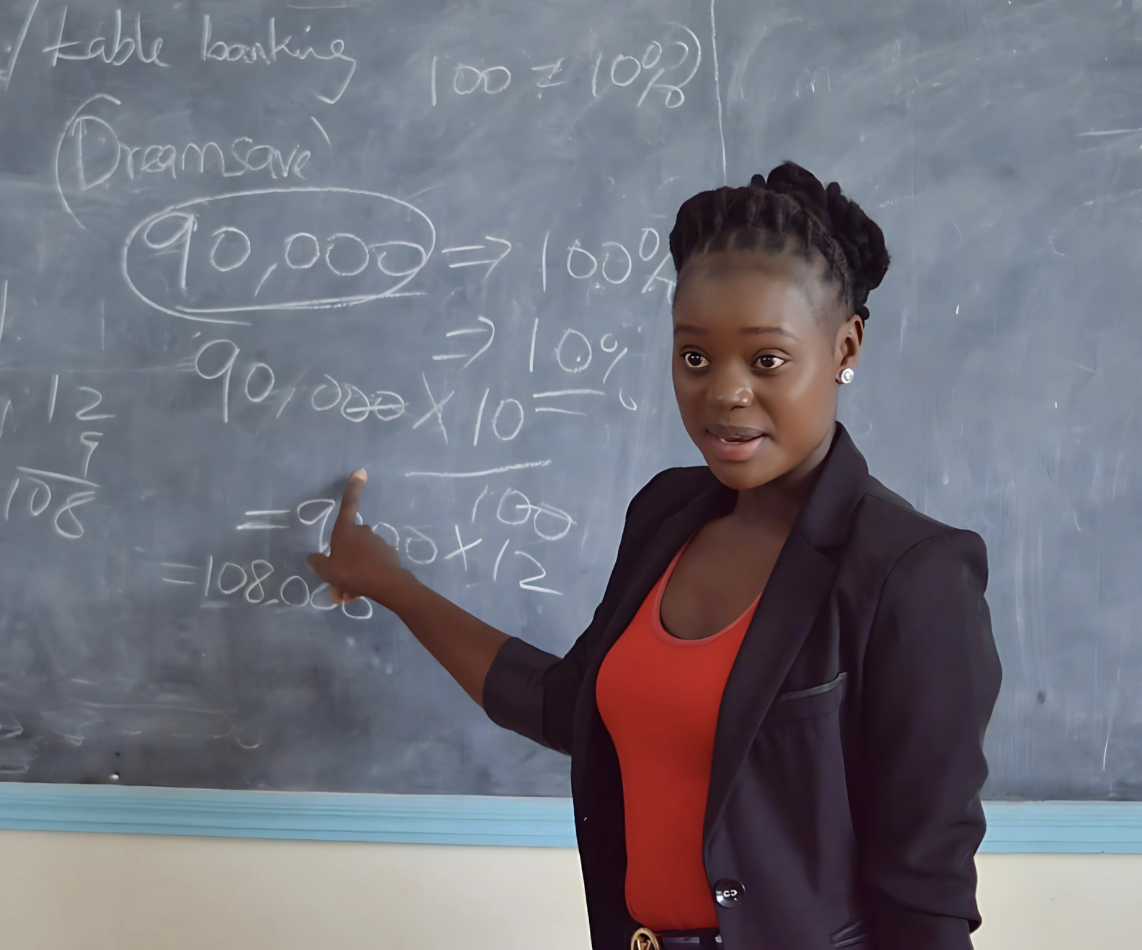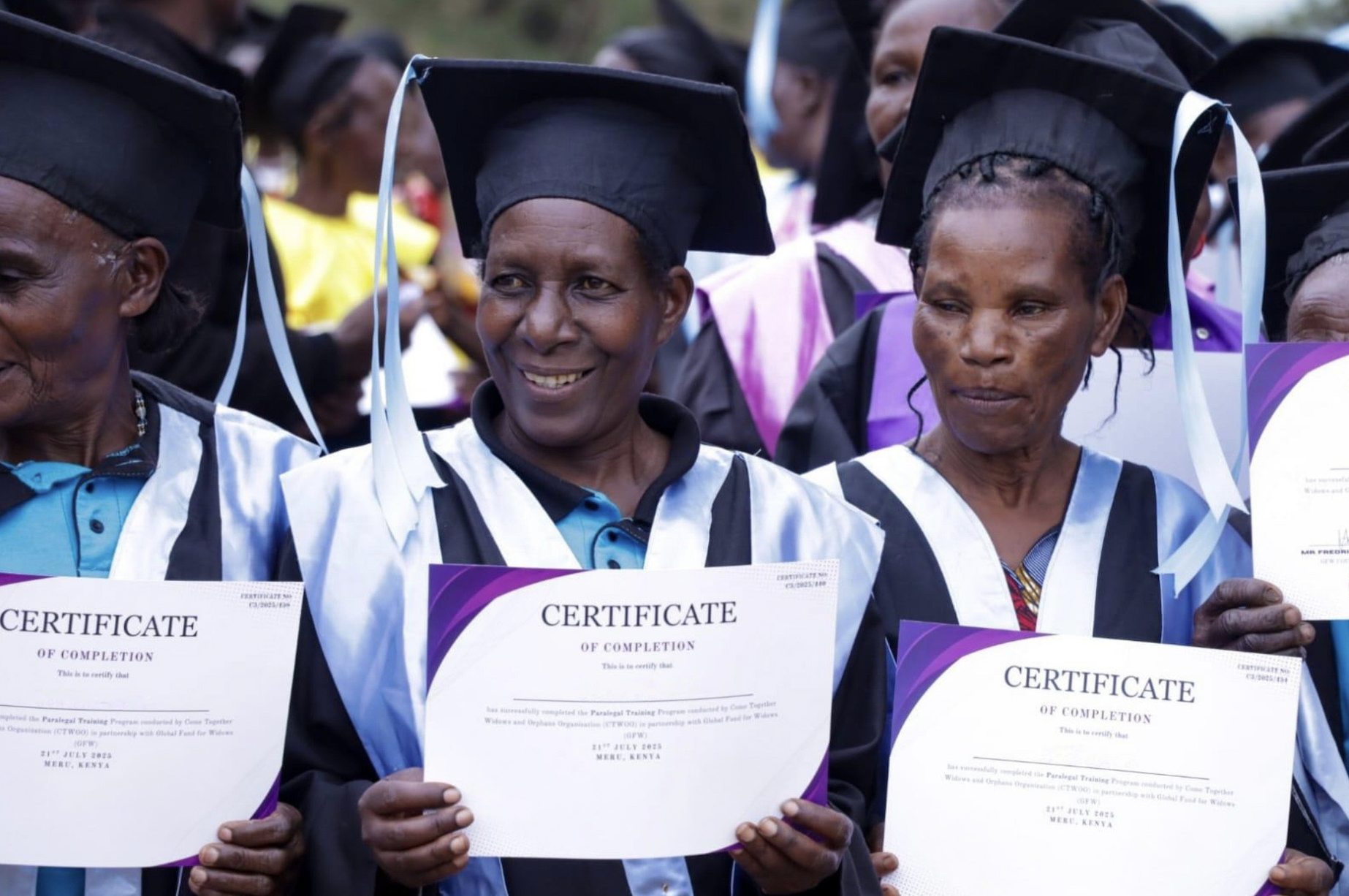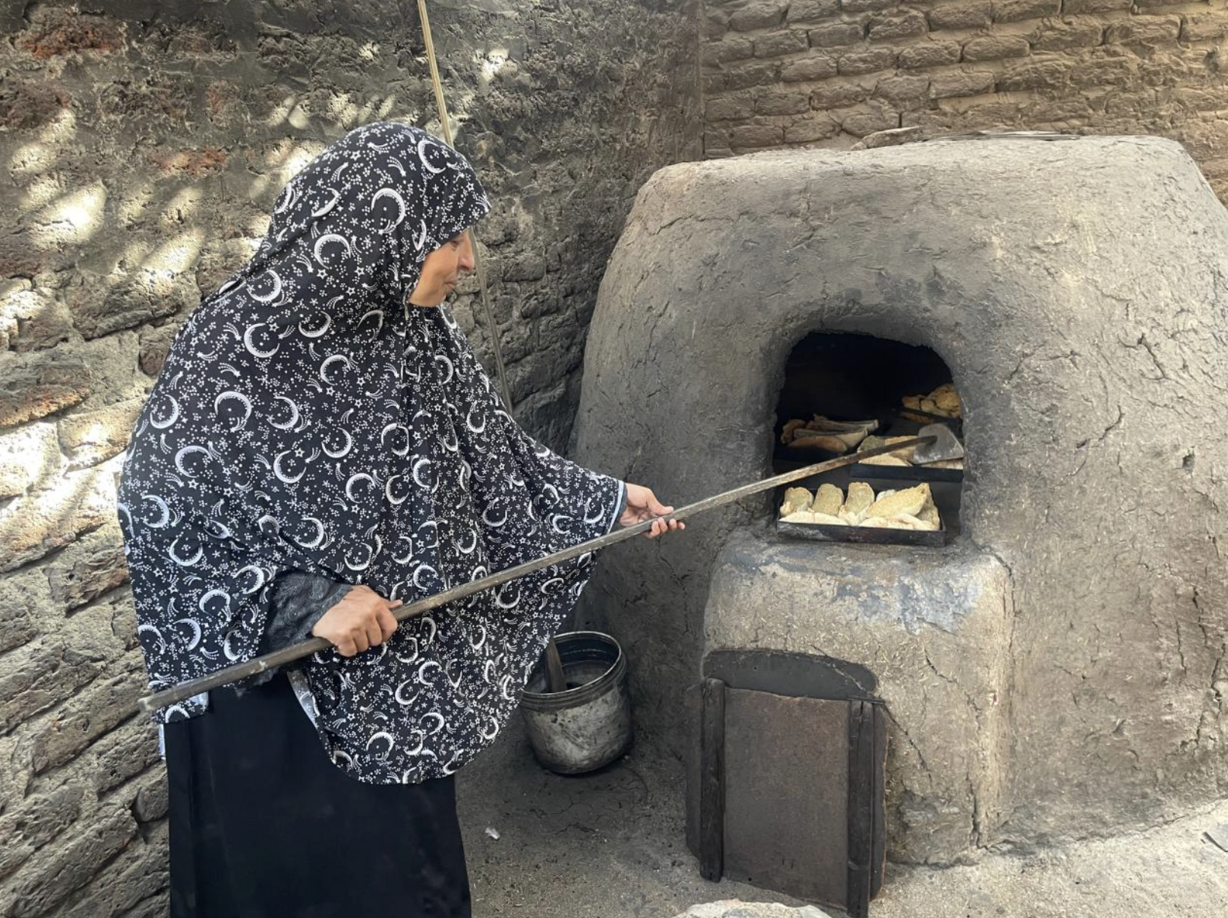

GFW has integrated business and financial skills development into both the WISALA model and its microfinance operations.
GFW offers education on succession, marriage and property laws, inheritance rights, customary practices and protection against harmful traditional practices and child marriage. This is delivered during WISALA meetings in six modules. Upon completion, widows receive certification as community paralegals. They become a source of accurate legal knowledge for their communities. As certified paralegals, they advocate with both community members and duty bearers.
Widows gain an understanding of their rights. Following the course, many pursue justice in courts or through community justice mechanisms. Close to 500 widows in Kenya have taken cases to court.


Widows face pain and isolation after losing a spouse, but with GFW's group approach widows support and a sense of safety. This helps them feel included and respected, to help heal emotional wounds and rebuild their confidence.
To strengthen widows' mental health, GFW developed a mobile app called WISH+, based on the World Health Organization’s (WHO) Self Help+ program. WISH+ is designed to address emotional wellbeing issues that widows face. The app offers tools for self-monitoring mental health, managing stress and anxiety and provides reliable mental health information. It is available to widows in GFW’s programs and to others who may benefit. GFW also links widows facing anxiety, depression or gender-based violence to professional help.
WISALA owners have reported a 4,300% increase in feeling included in their communities and a 9,100% increase in feeling respected
Widows living in poverty often rely on survival methods such as charcoal production, slash-and-burn farming and unsustainable harvesting. These practices damage local environments and contribute to climate change.
Environmental training helps widows understand the impact of their work and learn alternatives. Many have chosen to venture into green activities such as tree planting, organic farming and making biodegradable products. These changes reduce environmental harm and create more stable sources of income. As their incomes grow, widows also gain more say in community decisions.
GFW has also launched Green WISALAs. These combine WISALAs with environmental guidance, allowing widows to start small businesses focused on recycling, low-impact production or conservation. Green WISALAs are also designed to help widows take an active role in local climate action and resource management.


WISALAs include a nutrition training component in which widows learn how to improve their household nutrition and how to make the most of available foods.
Widows learn how to prepare balanced meals, preserve nutrients during cooking and meet the dietary needs of children, the elderly and themselves. They learn food safety, portioning and meal planning. This helps widows stretch limited resources while ensuring better health outcomes.
After joining WISALA, widows report a fivefold increase in food expenditure. This training enables them to focus that spending on nutritious meals for themselves and their dependents.